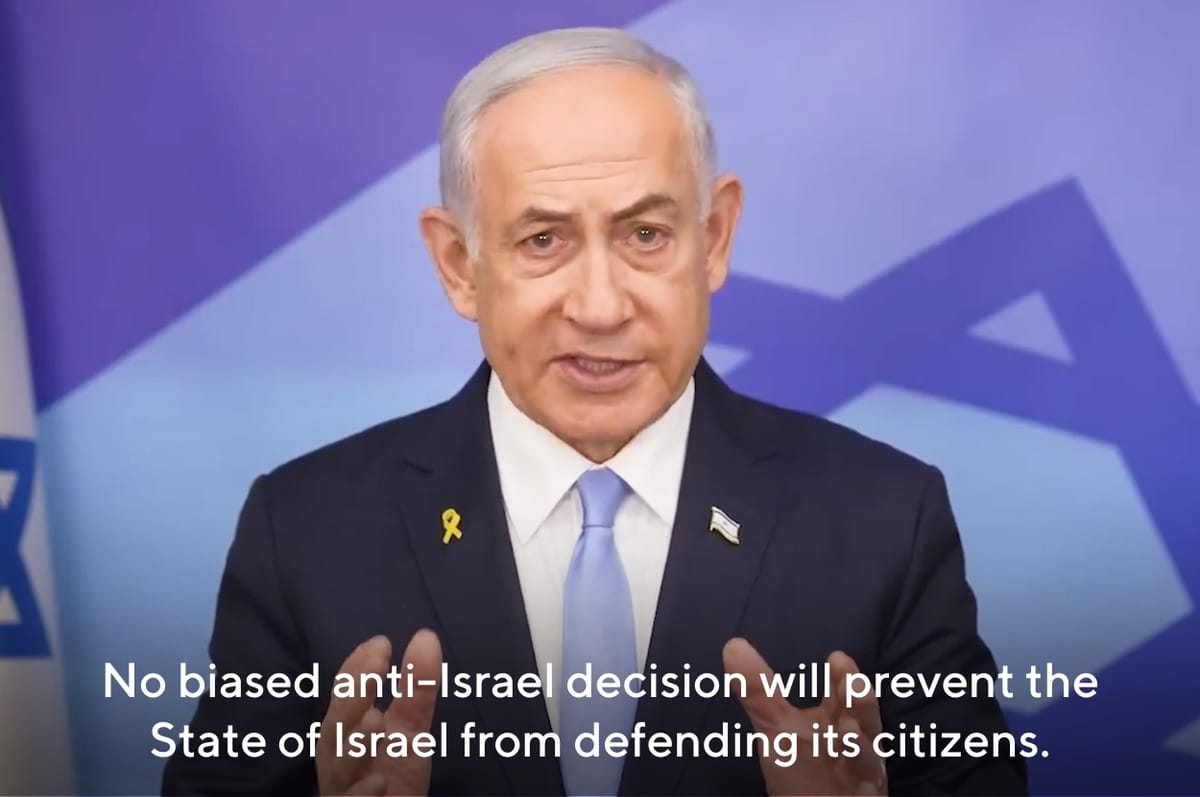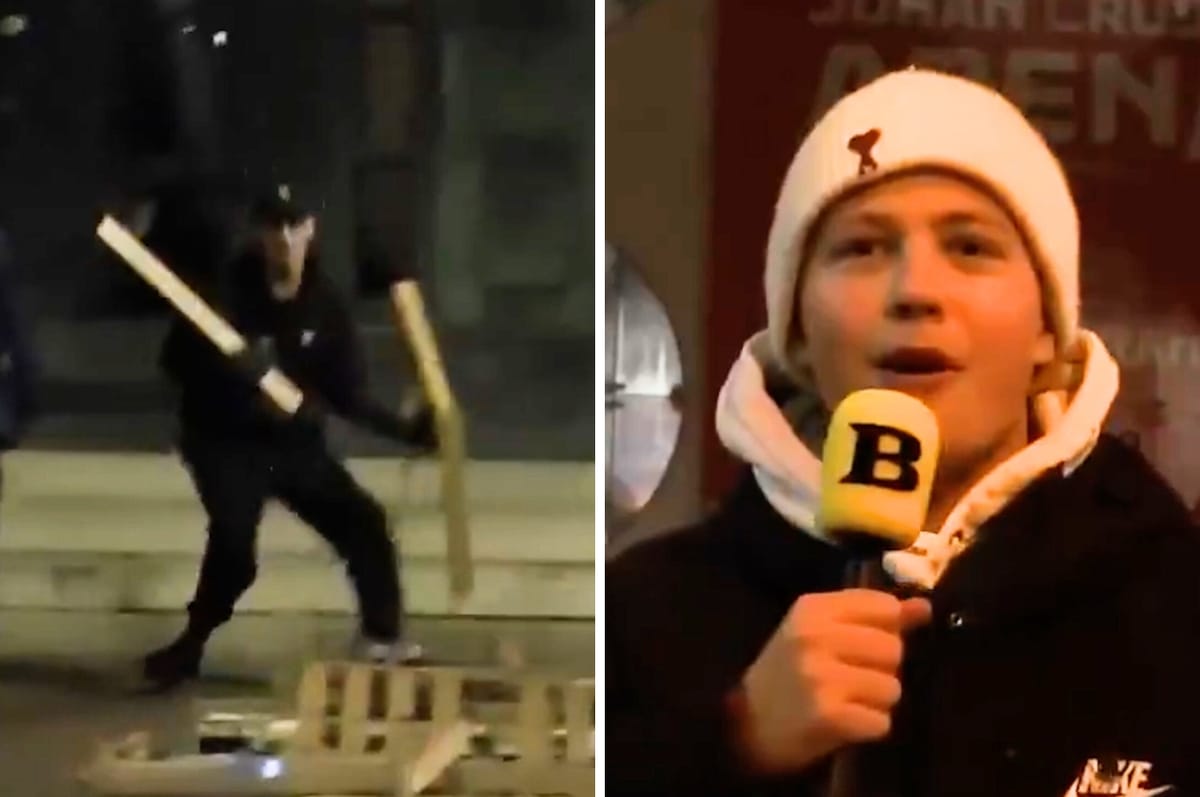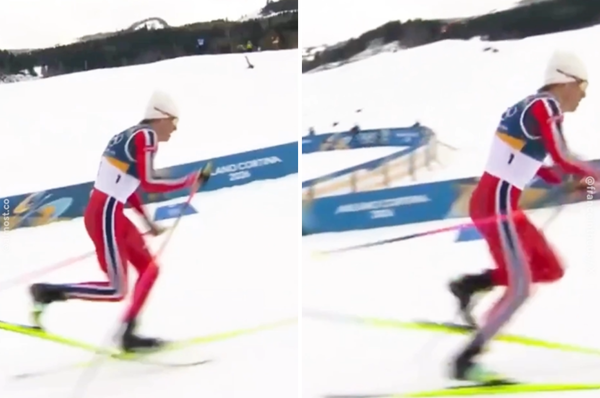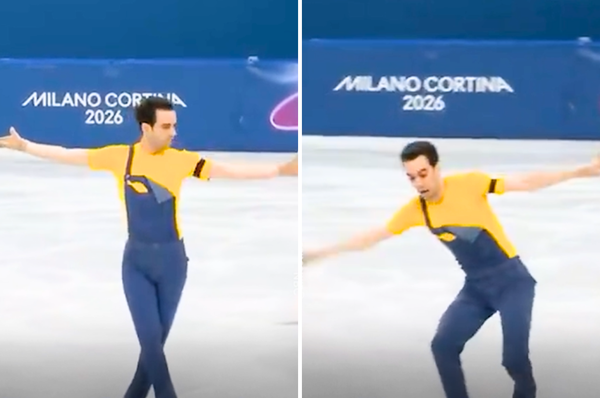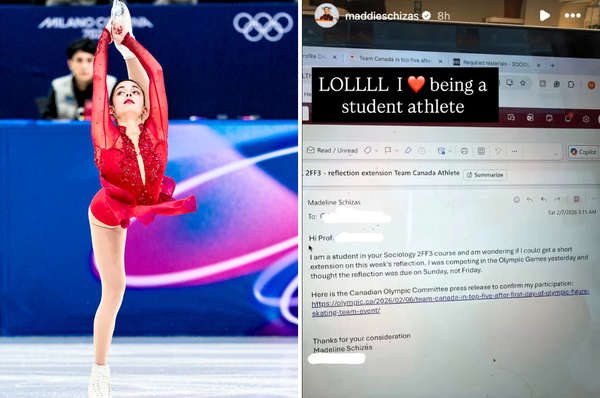Here's What Happened During Israel's Genocide In Gaza In November 2024
Here's what happened during Israel's genocide in Gaza in November 2024.
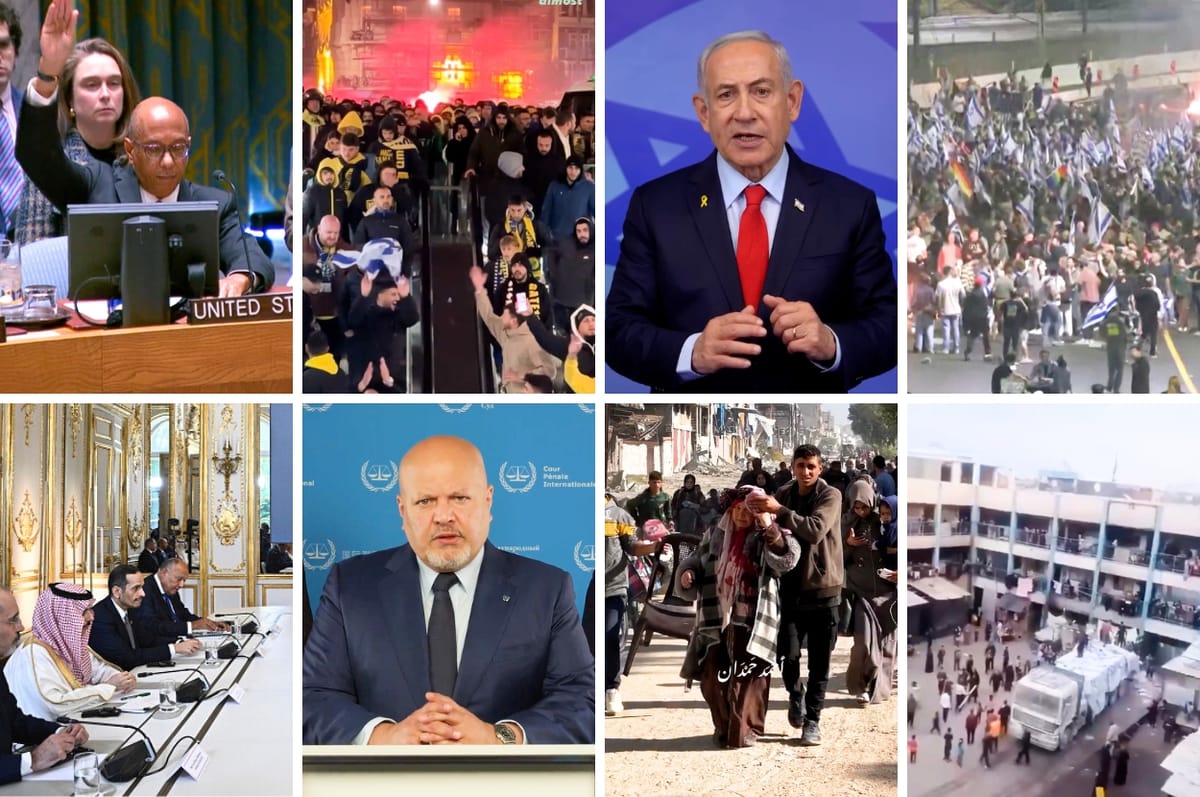
Here's what happened during Israel's genocide in Gaza in November 2024.
1. The International Criminal Court issued arrest warrants for Netanyahu and Israel’s defense minister for war crimes
The International Criminal Court (ICC) has issued arrest warrants for Israel's Prime Minister Benjamin Netanyahu and former Defense Minister Yoav Gallant on charges of war crimes and crimes against humanity.
The ICC said on Nov. 21 there were "reasonable grounds" to believe Netanyahu and Gallant had committed crimes including murder, persecution and starvation as a weapon of war from at least Oct. 8, 2023, until at least May 20, 2024.
The court said Netanyahu and Gallant “intentionally and knowingly deprived the civilian population in Gaza of objects indispensable to their survival,” including food, water, and medicine and medical supplies, as well as fuel and electricity.
The court said this led to tens of thousands of civilians in Gaza being killed and caused severe suffering for people in need of medical treatment.
2. People in Israel held huge protests after Netanyahu fired the defense minister
Israeli Prime Minister Benjamin Netanyahu has dismissed his Defense Minister, Yoav Gallant, triggering widespread protests across the country.
Within hours of Gallant’s dismissal, thousands of Israelis took to the streets in protest, particularly in Tel Aviv, where people blocked major highways and lit fires.
Protesters voiced opposition to the decision, saying it could endanger national security, given Israel's ongoing genocide in Gaza and now its war in Lebanon.
About 1,000 people rallied outside Netanyahu's residence in Jerusalem, with protests breaking out in other cities.
3. Israeli football hooligans incited racist riots in Amsterdam, then called it a “pogrom” when they were attacked
Israeli football hooligans incited racist riots in Amsterdam, chanting anti-Arabs and anti-Palestine slurs and attacking locals, then called it a “pogrom” when they were attacked in response.
The violence unfolded after the Europa League football match between team Maccabi Tel Aviv and Ajax in Amsterdam on Nov. 7.
Tensions were already building up a few days before the match, according to local reports.
Before the match, hundreds of Israeli fans started the violence, waving Israeli flags and attacking an Arab taxi driver.
They gathered in a central square and burned Palestine’s flag and chanted anti-Arab chants, according to Amsterdam police.
The chants included "Let the IDF win”and “fuck the Arabs" as well as "Why is school out [in Gaza]? There are no children left there."
4. In what many are calling ethnic cleansing, Israel’s military said Palestinians it forced from North Gaza can’t return home
In what many are calling ethnic cleansing, Israel’s military has said that Palestinians it forced from North Gaza will not be allowed to return home.
On Tuesday, Nov. 5, an Israeli general told reporters that its army was close to the “complete evacuation” of North Gaza, which it has been besieging since Oct. 6.
He added that “there is no intention of allowing the residents of the northern Gaza Strip to return.”
This prompted outrage as people said Israel was ethnically cleansing north Gaza
Two days later, the Israeli military tried to distance itself from the comments, saying they were taken out of context and did not “reflect the army’s objectives and values.”
However, on Sunday, Nov. 10, Israeli newspaper Haaretz published an editorial accusing Israeli prime minister Benjamin Netanyahu of “conducting an ethnic cleansing operation” in northern Gaza "for all to see."
The paper said its military correspondent had accompanied the army into the area and concluded that it looked like it had been “hit by a natural disaster” but it was a “premeditated act of human destruction."
5. A UN committee found Israel’s methods of warfare in Gaza are "consistent" with genocide
A UN special committee released a report on Tuesday, Nov. 14, finding that Israel's methods of warfare in Gaza are consistent with the characteristics of genocide.
The report from the UN Special Committee to Investigate Israeli Practices looked into Israel’s actions against Palestinians in the occupied Palestinian territories, including the Golan Heights and the Gaza Strip, between October 2023 and July 2024 and is scheduled to be presented to the UN General Assembly on Nov. 18.
The report found that Israel is employing starvation as a tactic of warfare, intentionally depriving Palestinians of essential resources such as food, water and fuel, as well as systematically and illegally obstructing humanitarian aid for military objectives.
6. Israel finally allowed aid into north Gaza after 40 days but set fire to the school it was sent to hours later
Israel finally allowed aid trucks to enter north Gaza for the first time in 40 days on Monday, Nov. 11, letting two aid trucks deliver to a school-turned-shelter in Beit Hanoun.
However, just 12 hours later, it burned the Mahdia Al Shawwa school and forced Palestinians to evacuate at gunpoint.
“They brought us aid, they deceived us. We were happy and we said, it’s all over. They told us, we are in an orange area and we have no problem. We stayed, after the dawn prayer, we were surprised with tanks. They opened fire on us,” A witness told AP news.
Local sources reported that at least 130 families inside shelters in the town of Beit Hanoun and the surrounding houses were forced to evacuate under gunfire.
Israel has put a complete siege on north Gaza since Oct. 6, when it launched a ground and air offensive claiming it is to stop Hamas members from rebuilding and regrouping in the area.
Since then Israel has cut off north Gaza from the rest of the strip without access to food, water or medical supplies, blocking aid deliveries to at least 100,000 Palestinians who are still trapped there.
7. The US single-handedly blocked a UN resolution for a permanent ceasefire in Gaza for the 4th time
The US has vetoed another United Nations Security Council resolution calling for an immediate ceasefire in Gaza, marking the fourth time it blocked a ceasefire resolution to end Israel’s genocide in Gaza.
The resolution, which received overwhelming support from 14 of the 15 council members, demanded an immediate, unconditional and permanent ceasefire and the immediate and unconditional release of all hostages, according to AP.
The resolution failed to pass on Wednesday, Nov. 20 as the US – which is a permanent member of the Security Council alongside China, France, Russia and the UK – vetoed it.
The US’ UN ambassador, Robert Wood, argued that the resolution implied that the hostages would be released after the ceasefire, saying that the hostage release should come first.
“We made it clear throughout negotiations, we could not support an unconditional ceasefire that failed to release the hostages,” Wood said.
8. Qatar quit as a Gaza ceasefire negotiation mediator, saying neither Israel nor Hamas is "sincere"
Qatar has suspended its role as a mediator in the Gaza ceasefire negotiations between Israel and Hamas until both sides show “willingness and seriousness” to end the war.
The decision comes as Israel’s genocide in Gaza continued for over a year, with months of unsuccessful attempts to broker a lasting agreement.
A Qatari official stated on Nov. 9, that the country had informed both parties about 10 days earlier that it would pause its mediation efforts if progress was not made during the latest negotiation round.
9. Israel and Hezbollah agreed to a 60-day pause in fighting but Netanyahu said Israel is ready to attack
After three months of Israel’s relentless attacks on Lebanon and over a year of cross-border clashes between Israel and Hezbollah, the two sides have finally agreed on a 60-day humanitarian pause that is designed to become a permanent ceasefire.
The humanitarian pause, brokered by the US and France, took effect at 4 am local time in Lebanon on Wednesday, Nov. 27.
The deal includes Israeli forces’ withdrawing from Lebanon for an initial period of 60 days, while Hezbollah is expected to withdraw its forces approximately 40 kilometers from the Israeli border. Lebanon’s military will take control of territory in the south of the country to ensure Hezbollah does not rebuild forces.
Israeli prime minister Benjamin Netanyahu said that the duration of the humanitarian pause would depend on Hezbollah's actions in Lebanon and that Israel would maintain "complete military freedom of action" and retaliate against any attempts by Hezbollah to rearm or reconstruct military infrastructure near the border.
“If Hezbollah breaches the agreement and tries to arm itself, we will attack,” he said.
More On Gaza
